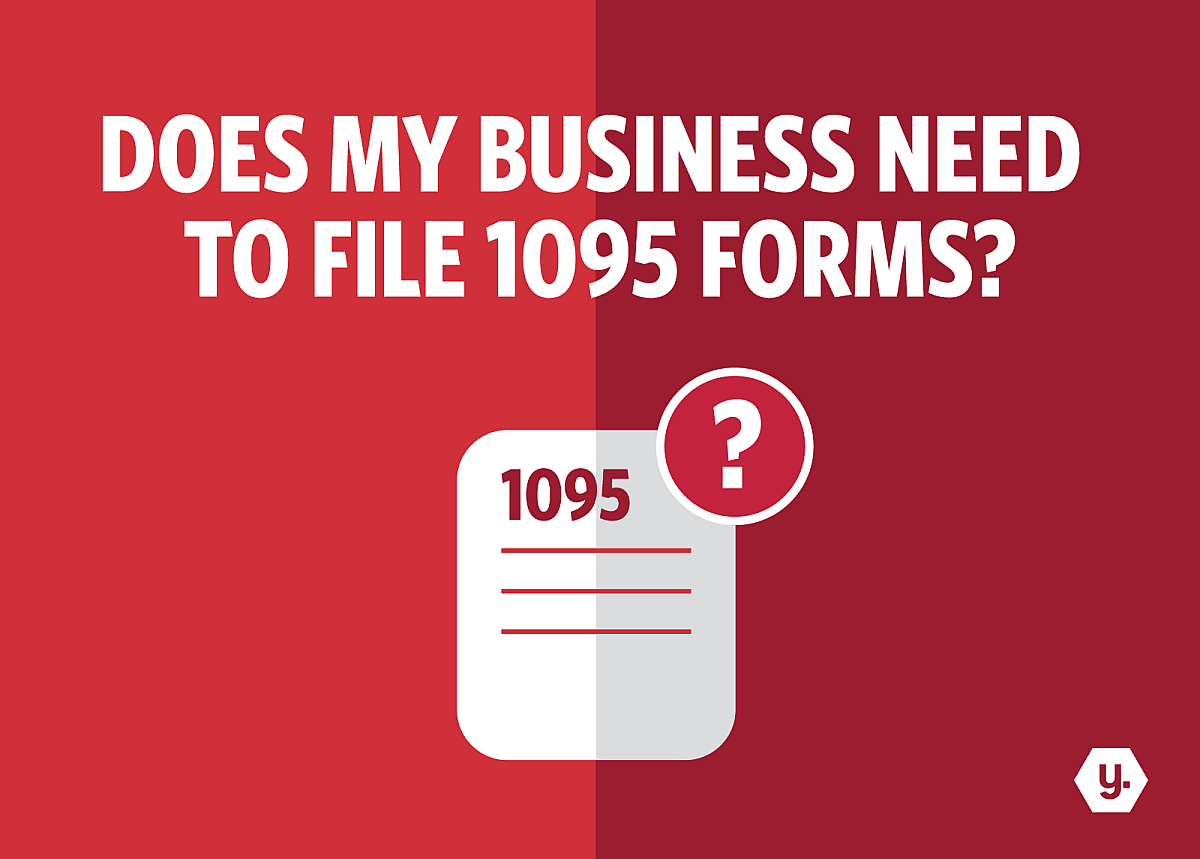
New W-2 and 1099-MISC Filing Deadlines to Have Significant Impact on Businesses
Change Adds an Extensive Amount of Work for Filers in January
Every tax year brings a variety of changes, whether forms are updated or regulations have changed. This year marks a particularly important year for filers, as the deadline for submitting Form W-2 to the SSA and Form 1099-MISC to the IRS has changed significantly.
Beginning in 2017, for the 2016 reporting year, filers must send W-2 and 1099-MISC recipient copies and submit to the SSA/IRS by January 31, regardless of method (paper or e-file). In many cases, this is months earlier, increasing workload and stress for filers.
To further complicate matters, the new filing deadline, as it relates to Form 1099-MISC, only impacts filers reporting nonemployee compensation payments in box 7. Although the overwhelming majority of 1099-MISC filers will report information in box 7, there is bound to be some confusion. Greatland, with more than 40 years of IRS and SSA compliance experience, is trying to help businesses quell the confusion.
Greatland Corporation, one of the country’s leading providers of W-2 and 1099 products for businesses, is stressing the importance of understanding the new deadlines and the impact these will have on filers. Historically, filers were required to provide W-2 and 1099-MISC forms to recipients by January 31; however, they were not required to submit the forms to the SSA/IRS until February 28 (paper) or March 31 (e-file).
With three months of work being condensed into 30 days, this change adds an extensive amount of work for filers in January. This schedule means businesses will face a huge time crunch when planning for wage, income, and ACA reporting for the 2016 year.
In the past, some businesses would file W-2 and 1099-MISC recipient copies first and wait to find out if any changes were needed prior to filing to the SSA/IRS, which lessened the risk for possible corrections. Due to the earlier deadline in 2017, businesses may need to abandon this strategy and consider filing to recipients and the SSA/IRS concurrently.
To further complicate January’s filing deadlines, the IRS recently eliminated the automatic 30-day extension of time to file W-2 forms. Previously, filers could obtain an automatic 30-day extension by submitting Form 8809 to the IRS on or before January 31. Filers could also request an additional 30-day extension, pushing their e-file deadline to the end of May. These automatic extensions will no longer be available when filing W-2 forms for tax year 2016.
“At Greatland, we believe it is extremely important to explain the new early deadlines and the effect they will have on filers in 2017,” said Bob Nault, Greatland’s CEO. “We don’t expect most businesses to understand the intricacies surrounding reporting, which is why we are proactively informing our customers of these changes and have a knowledgeable team ready to help. In the 40+ years Greatland has been helping businesses with W-2 & 1099 reporting, I would rank this as one of the most significant changes.”
Latest News
-
 November 25, 2025
November 25, 2025New Alternative Furnishing Method for Forms 1095-B and 1095-C Comes with Complexities
The IRS has updated the Affordable Care Act (ACA) reporting process for Forms 1095-B and 1095-C. These changes aim to reduce administrative costs and simplify reporting, but they also create new compliance challenges for employers and health insurance providers.Read More -
 October 8, 2025
October 8, 2025Your Business Guide to 1099 Filing in 2025: Deadlines and Compliance Tips with Yearli
Businesses must prepare for 2025 IRS 1099 filing by understanding key deadlines for Forms 1099-NEC and 1099-MISC and leveraging e-filing tools like Yearli to stay compliant. This guide outlines important dates, recent IRS updates, and practical tips to avoid penalties and streamline the filing process.Read More -
December 30, 2024
Understanding Form 1099-DA: A Comprehensive Guide to Filing for Digital Asset Transactions
As the use of digital assets like cryptocurrencies and non-fungible tokens (NFTs) continues to grow, so does the need for clear tax reporting guidelines. To address this, the IRS has introduced Form 1099-DA, which will be required starting in 2025.Read More
